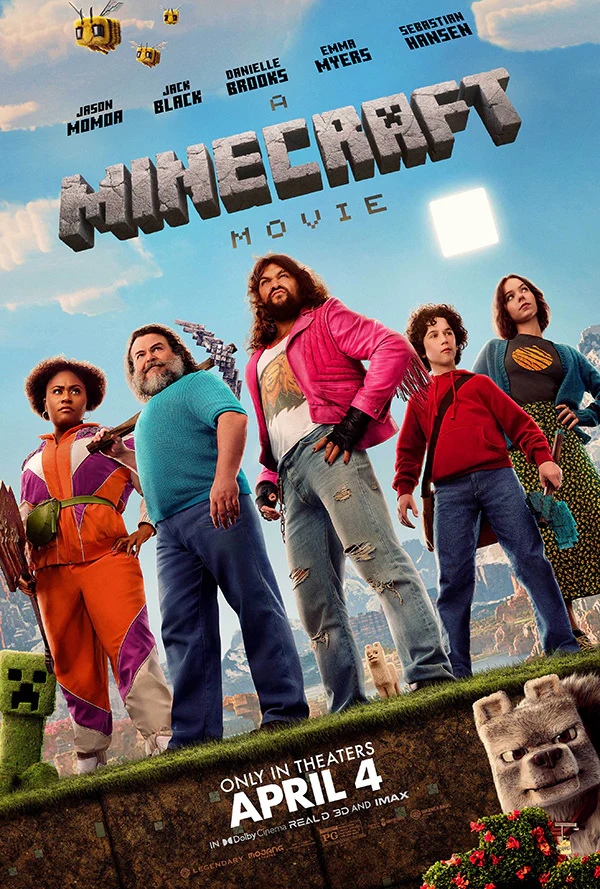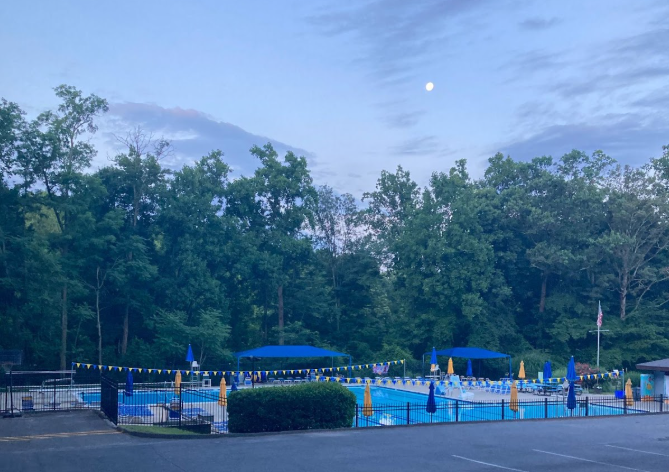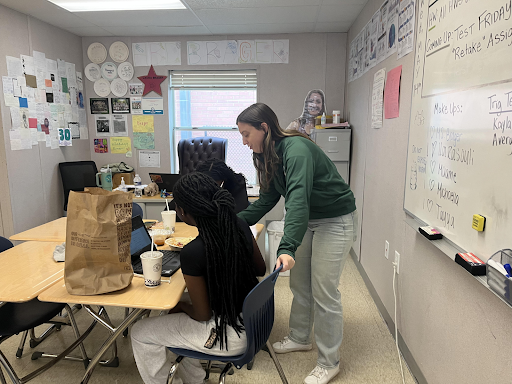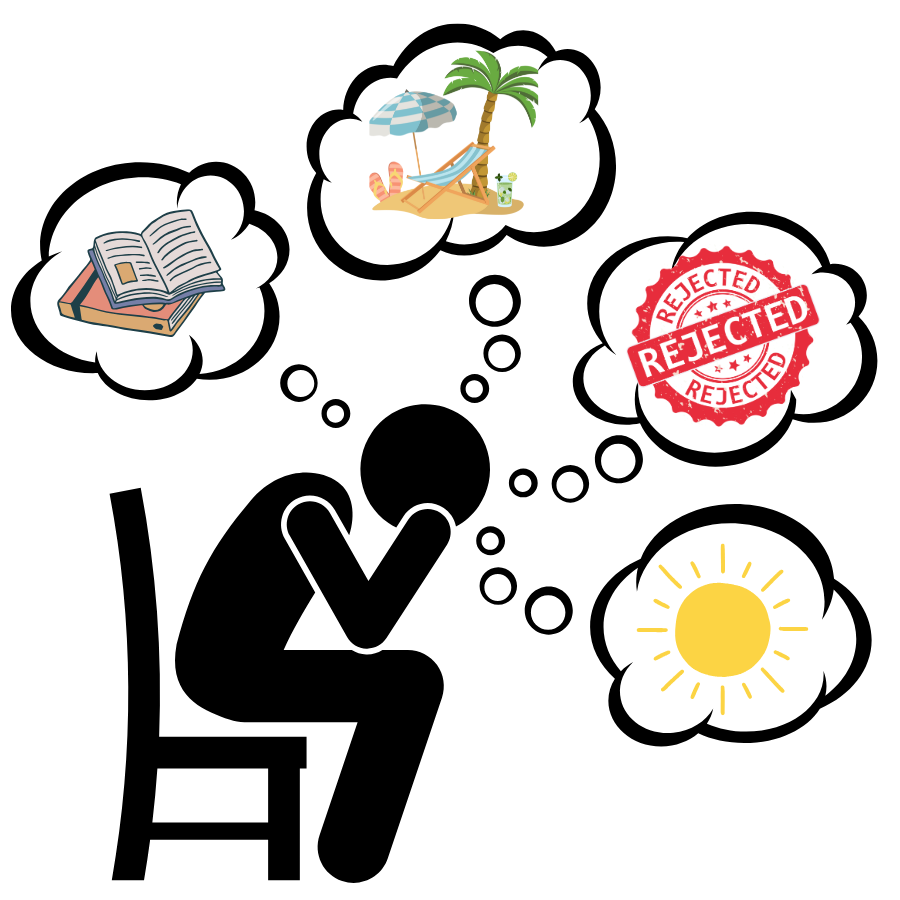For some teens today, literature isn’t as appealing as music, sports or social media. Schools attempt to solve this problem by assigning material in English classes, however, the subjects don’t particularly cater to most 21st century youth. In addition, many of the books were written with older English, using vocabulary that isn’t taught or spoken as much now as it was at the time the pieces were published.
While learning more terminology is educational and enhances the human brain, many psychologists say that for certain kids and teens, dealing with an overflow of new information can be stressful. In order to enjoy reading books, teens have to find topics that both interest them and fit with their understanding of language.
Media specialist Naomi Gelfand agrees with this notion.
“It’s easier to read a book when you’re super interested in it. Something that’s not threatening, something that’s a little creative. Ellen Hopkins writes really good books that are accessible to people who don’t always love to read,” Gelfand said.
English teacher Frances Burnet recommends fantasy books as gateways into the world of literature.
“Harry Potter is a good way to get into reading. Any of that stuff from the fantastic realm,” Burnet said.
For more advanced readers, Burnet suggests reading classic literature.
“Hemingway, F. Scott Fitzgerald, that kind of thing. Even going back in time and reading the classics. Jane Austen is really good,” Burnet told me.
A fellow WJ student, senior Elizabeth Rentsch, recommends a non-fiction piece by Daniel James Brown.
“The Boys in the Boat, because that book is inspiring,” Rentsch said.
The Boys in the Boat is a bestselling story about the American rowing crew who won the gold-medal during the 1936 Olympics in Berlin. Throughout the novel, readers are told about the struggles of the nine members as they fight their way through the Great Depression. Brown also describes how Hitler prepares Germany for the Olympic events, and makes a claim about the Nazis successfully covering up their treatment of Jews from the rest of the world.
While some people prefer the classic way of reading a physical book, one positive thing about living in the 21st century is that people don’t have to actually go to libraries or bookstores in order to find literature. Many websites on the internet offer the first few chapters of books, allowing potential readers to see if the story interests them. From there on, books can be bought or downloaded onto Kindles, smartphones and laptops, among other devices, to be read at any place and any time.
Regardless, the impact of literature on society is not minuscule. Books enhance the human brain and allow the reader to escape from their reality and enter a new world.
To quote famous author and philosopher Mortimer J. Adler, “In the case of good books, the point is not to see how many of them you can get through, but rather how many can get through to you.”














